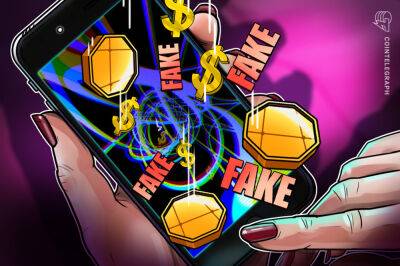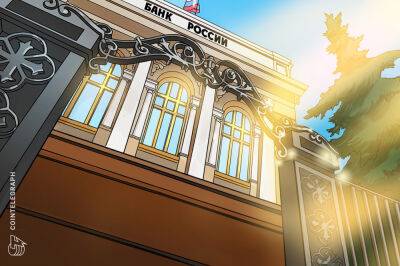Crypto winter teaches tough lessons about custody and taking control
The crypto winter has pumped new life into the adage “Not your keys, not your coins,” particularly after the collapse of some high-profile enterprises like the Celsius Network, whose funds were frozen in June. Just last week, Ledger CEO Pascal Gauthier hammered home the point further, warning: “Don’t trust your coins and your private keys to anyone because you don’t know what they’re going to do with it.”
The basic idea behind the adage, familiar to many crypto veterans, is that if you don’t personally hold your private keys (i.e., passwords) in an offline “cold wallet,” then you don’t really control your digital assets. But, Gauthier was also framing the issue in a larger context as the world moves from Web2 to Web3:
“A lot of people are still in Web2 [...] because they want to stay in the matrix where they’re being controlled, because it’s easier, it’s you know just click yes yes yes and then someone else is going to deal with your problems.”
But, giving away control won’t set you free. “Taking responsibility is how you become free.”
Admittedly, Gauthier has a self-interest here — Ledger is one of the world’s largest cold-wallet providers. Then, too, he may have been stating the obvious. In May, Coinbase acknowledged in an SEC 10-Q filing that if it ever went bankrupt, customers that entrusted their digital assets to the exchange “could be treated as our general unsecured creditors,” i.e., could find themselves standing at the back of the creditors’ line in bankruptcy proceedings.
“It doesn’t matter that the exchange’s contract with you says you ‘own’ the currency,” Georgetown University law professor Adam Levitin told Barron's at the time, “That’s not determinative of what will happen in bankruptcy.”
But, Gauthier’s
Read more on cointelegraph.com

 cointelegraph.com
cointelegraph.com



















